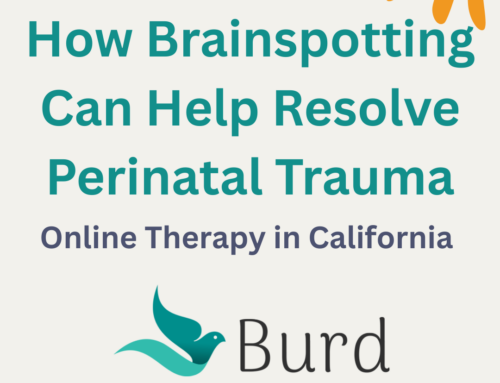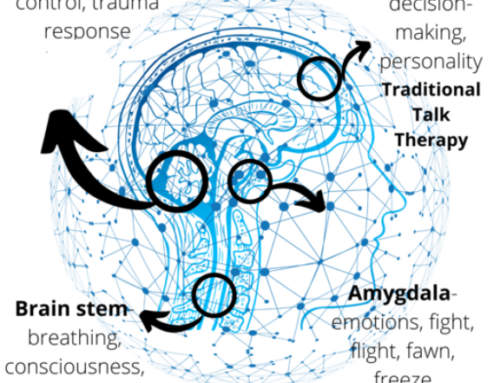“The word death is not pronounced in New York, in Paris, in London, because it burns the lips. The Mexican, in contrast, is familiar with death… jokes about it, caresses it, sleeps with it, celebrates it. It is one of his favorite toys and his most steadfast love.” -Octavio Paz
About Coco
Disney/Pixar’s latest movie, “Coco” delivers a beautiful animated tale, centered around the Mexican holiday, the Day of the Dead (El Dia de los Muertos). I’ve tried not to include any spoilers or reveal too much about the plot.
If you have seen my “Inside Out” Study Guides for teaching teens and children about emotions, you will know I am a fan of cinematherapy. In my psychotherapy practice in San Diego, I find movies are an easy way for us to tap into deep themes.
I’m not a movie reviewer. I can tell you that I loved “Coco,” and with a quick internet search, see that most reviewers do, too. Importantly, Latinx movie reviewers appreciate the movie. Some call it a “love letter” to Mexican culture, and especially to the Day of the Dead.
The Day of the Dead
Pixar’s “Coco” introduces a wide audience to many of the important traditions of el Dia de los Muertos.
I am not Latina. I do not want to speak for another culture. But I have lived in San Diego since 2000, and have had the privilege of being a terapeuta for many Latinos, mostly Mexican, since that time. My clients have always been my teachers. From them I have adopted the Day of the Dead as a way to be close to my loved ones who have died.
So many families and cultures are uncomfortable with death and dying. We shy away from it, avoid it, and never talk about it. Even here, I find myself typing euphemisms, such as “lost.” Indeed, on the Day of the Dead, our muertitos are not lost at all. They are very much in our hearts. And that is one reason why I prefer to view death this way.
We will all die, we will all have someone we love die
Pixar’s “Coco” heartbreakingly illustrates universal themes:
- We want to be remembered after we die
- We want to still feel close to those that have died
- And we want to be connected, loved, and accepted by our family
I believe in adopting traditions that work for you. Celebrating the Day of the Dead works for me and for many of my clients. Here are some of the lessons I noticed in the film:
- The land of the dead is beautiful, vibrant and very much “alive”
- The dead, including skeletons, are not to be feared
- There are things that can serve as “bridges” between the living and our loved ones, including ofrendas and marigold petals
Ways the Day of the Dead can help you grieve
Even if it is not your family or culture’s tradition to celebrate, you can make it a new tradition. Children and adults love to see tangible reminders. I asked my children the most important thing they remembered from “Coco” and they said to put a picture of your loved one up. Here are some of my suggestions:
- Place pictures of your loved one up year-round
- Talk about your loved one’s life, the things they loved and enjoyed
- Eat their favorite food, drink their favorite drink and play their favorite music
- If you really miss someone, don’t wait until El Dia de los Muertos, make a mini-altar and keep it up year-round
- Don’t be afraid to talk out loud or in your head to your loved ones – you aren’t crazy!
About Cinematherapy
“Cinematherapy” can be as simple as watching something and then talking about it. Movies portray emotions and relationships in a way that are easy to understand. For another great movie study guide around emotions, try this.
Study Questions for Pixar’s Coco
Ask your child/student/client about how the main character, Miguel, must have felt at certain points. Ask them how Hector feels. What does Hector want? What does Miguel’s family want?
Have you had any similar experiences? How do you remember your loved ones? Does watching this movie want to make you remember them more?
Do you have a spirit guide? Do you think some animals are more tapped into the spirit world? Are some people more aware of the spirit world?
What do you think happens after we die? Where do you think your loved ones are? Do you ever see them, hear them or feel their presence? If not, would you like to? Who would you most like to see or talk to?
In the movie, is it sad when someone goes to the Land of the Dead? What is the “final death”? Is that more sad? And why? What is the difference?
What does this movie say about family or belonging? Who will remember you? What will they remember about you?
Another kind of grief
Next, stay tuned for a new post using “Coco” to talk about deportation and separation.
If you liked these questions, please pin this post to Pinterest for future reference. If you are in San Diego, and would like to talk more, my door is open!









What are your thoughts?